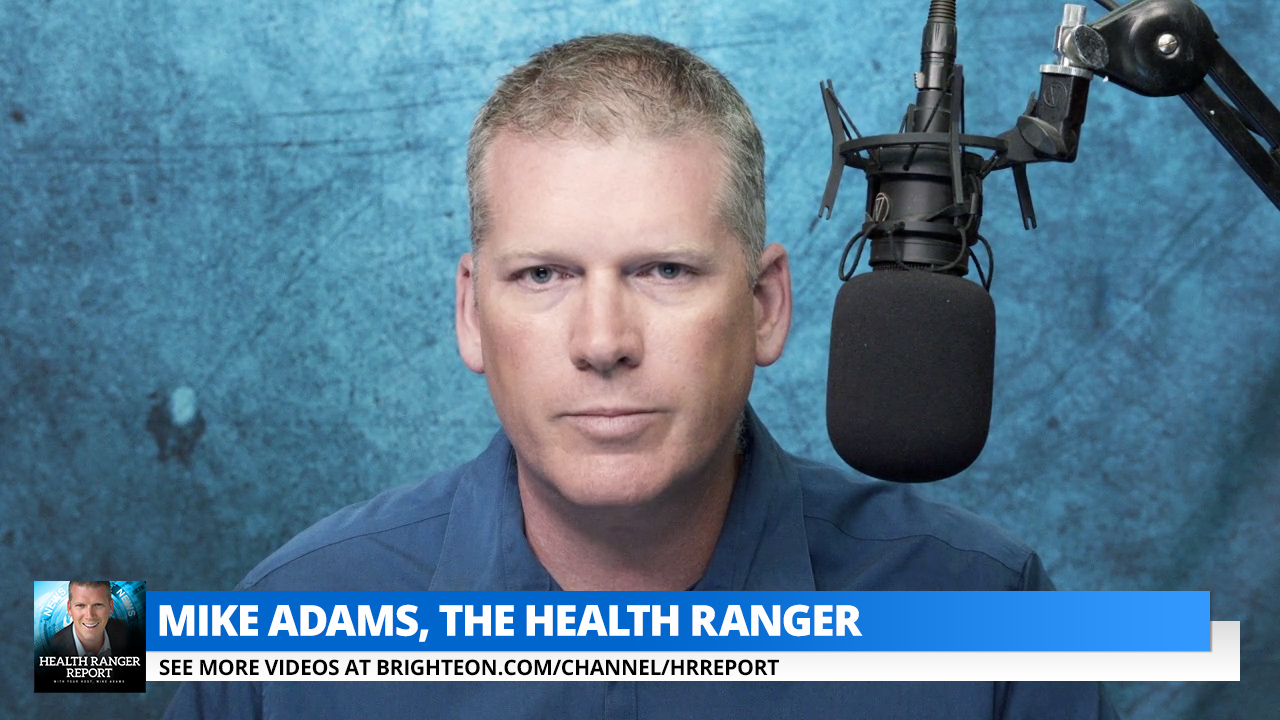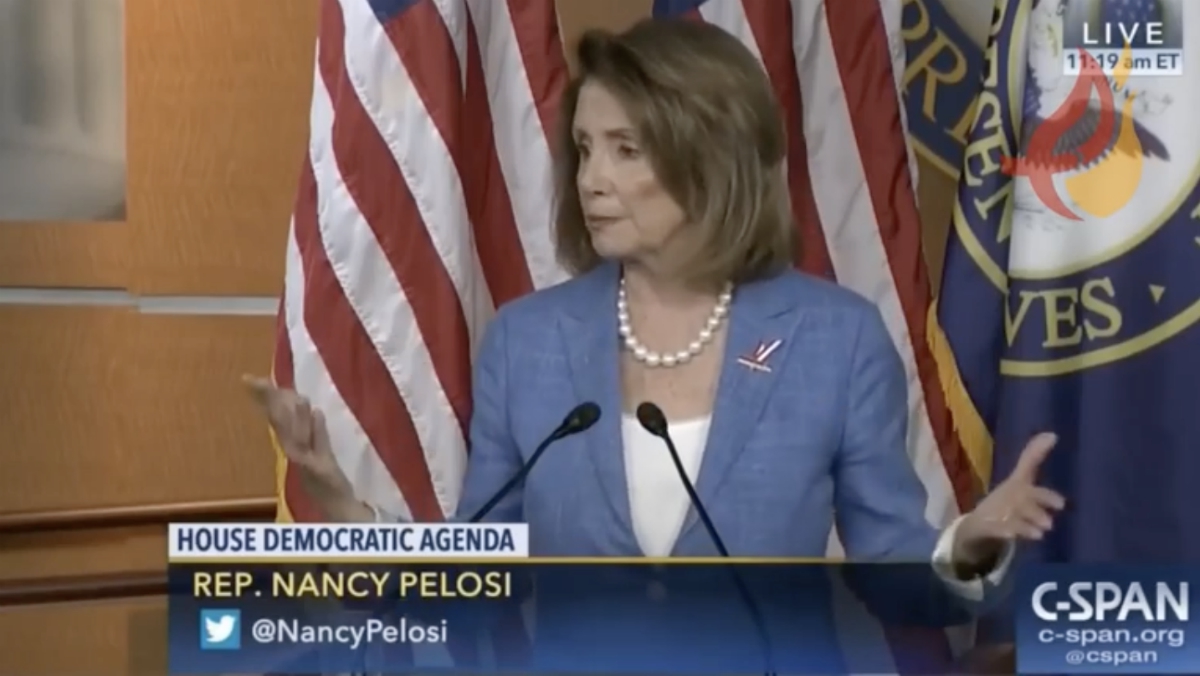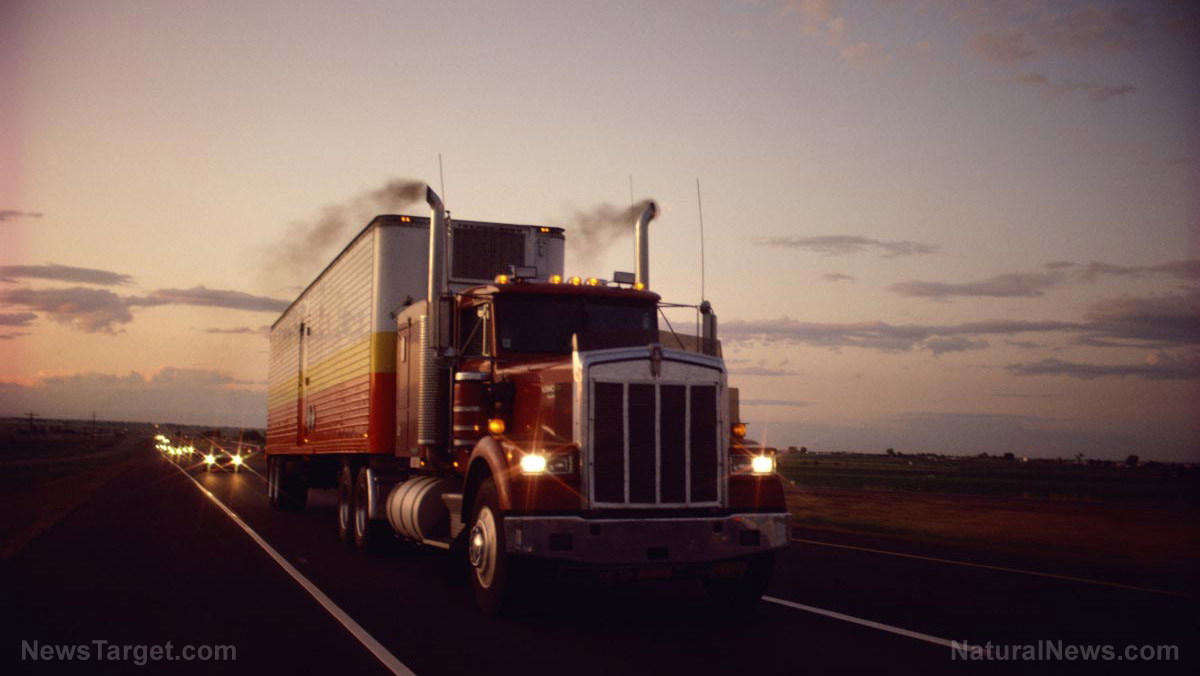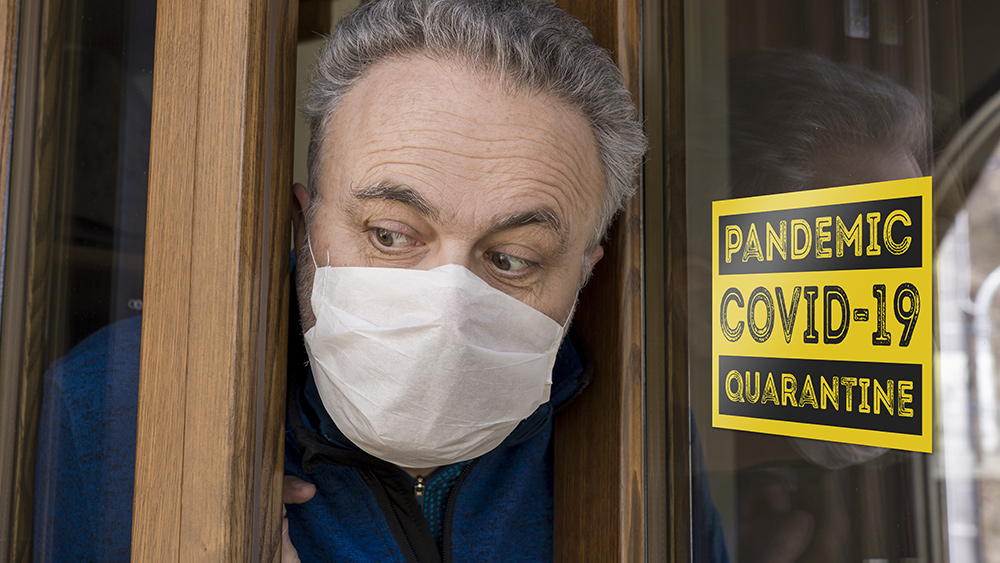Washington’s harvest season brings new wave of coronavirus infections
08/07/2020 / By Ralph Flores

Washington, the first state to be affected by the Wuhan coronavirus (COVID-19), is grappling with a fresh wave of outbreaks – most of which from seasonal farm workers who work the state’s many fruit orchards. In particular, Okanogan County in eastern Washington is shaping up to be one of the hardest-hit areas in the world.
Based on recent records, almost one percent of the county has tested positive for COVID-19. In comparison, the total percentage of COVID-19 cases in the U.S. is currently at around 1.46 percent.
Local health officials reported over 300 new COVID-19 cases in the past two weeks, bringing the county’s total to around 800. In addition, they also confirmed eight deaths as of August 5, two of them foreign H-2A farm workers. Over half of the Okanogan County’s cases are located in Brewster, a small town home to Gebbers Farms, one of the biggest fruit growers in the Pacific Northwest.
Coronavirus poised to conquer rural towns
During the summer months, migrants flock to Washington to harvest apples, peaches, cherries and other types of ripe fruit. In the U.S., eight out of the 10 top apple and pear growers are located in Washington, according to a 2011 Growing Produce report.
The migrants – hired as seasonal workers by farms – stay in dormitories and camps as they work the fruit orchards across the state. These workers now make up most new coronavirus cases in Okanogan County. In Brewster, the emergency room at Three Rivers Hospital is filled to capacity with farmhands, most of whom are middle-aged men, waiting in line to be tested for the virus.
“We’re seeing people who are much sicker than in the past. They’re waiting longer, and when they get here they’re sicker,” said Three Rivers Hospital CEO Scott Graham, in an interview with the Hill. “We’ve had some COVID patients come here and it was too late. They died here, in the ER.”
The situation with Okanogan – a rural country with a population of 42,000 – is an exception. Rural communities across the country are faring better compared to urban megacities. But many residents fear that as migrant workers descend into their towns for harvest season, the risk of having an outbreak also increases.
“You’re talking about a working community that doesn’t have the funds to support their family from home,” adds Manny Hurtado, an Okanogan resident who runs a grocery and restaurant in the area. “When you can’t stay home because you don’t have the funds available to feed your family, it’s hard.”
Brewster, a small town with just 2,600 residents, had reported 724 cases – the equivalent of nearly a third of its population – in just the last two weeks. Having a surge in new cases, especially for rural counties like Okanogan, spells trouble for its healthcare system – most of which are ill-equipped to handle a pandemic of this magnitude. In fact, the Three Rivers Hospital relied on federal grants to continue operations as COVID-19 kneecapped income-generating procedures.
“This hospital, like a lot of rural hospitals recently, has struggled financially,” Graham added.
The pandemic has exposed the limitations of public health systems, especially in smaller communities. The system often runs on a shoe-string budget and staffing is severely limited. For instance, Okanogan County only has a $1.4 million budget for its public health system. (Related: Why are so many new coronavirus cases emerging in Washington state? Because it’s been spreading there for SIX WEEKS.)
“It’s not equipped to deal with the 24/7 of trying to do this,” added Andy Hover, the county commissioner for District 2, which includes Brewster.
Over at Gebbers Farms, the company has made strides to test its workers, even setting up separate dorm spaces for workers who need to be quarantined.
The U.S. has 4,854,690 confirmed COVID-19 cases and 159,433 deaths, according to data from Johns Hopkins University.
Pandemic.news has more on the ongoing coronavirus crisis.
Sources include:
Tagged Under: agriculture, China, coronavirus, covid-19, farmhands, Flu, infections, migrant workers, outbreak, pandemic, superbugs, virus, Washington
RECENT NEWS & ARTICLES
COPYRIGHT © 2017 COLLAPSE.NEWS
All content posted on this site is protected under Free Speech. Collapse.news is not responsible for content written by contributing authors. The information on this site is provided for educational and entertainment purposes only. It is not intended as a substitute for professional advice of any kind. Collapse.news assumes no responsibility for the use or misuse of this material. All trademarks, registered trademarks and service marks mentioned on this site are the property of their respective owners.



















